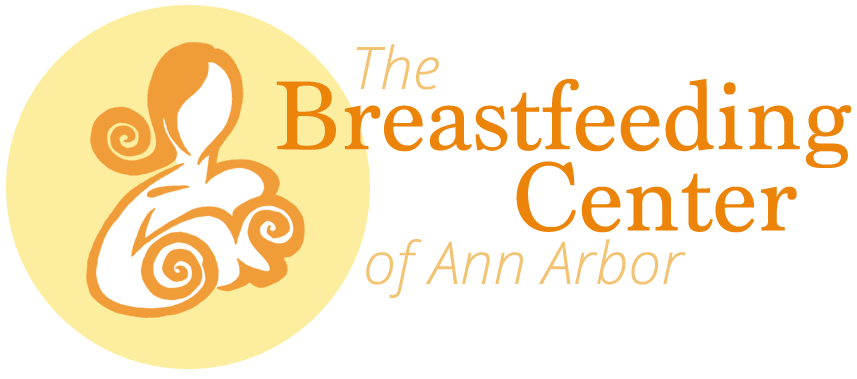Breastfeeding mothers have it tough. Breastfeeding laws and protection vary from state to state making it hard for a breastfeeding mother to feel confident with what her rights are to provide her milk for her baby. My colleague, Jake Marcus, JD, has a great site which provides all of this information. However, in a new ruling, breastfeeding while working falls under the Pregnancy Discrimination Act of 1978 as a medical condition resulting from pregnancy. This means that breastfeeding mothers are protected from being fired or penalized while at work due to their medical condition, being a breastfeeding mother. This change covers all of the United States. A recent article summed up the recent decision.
Some might say, “What, a medical condition? Breastfeeding?” Actually, yes. If a mother who is breastfeeding does not remove the breastmilk from her breasts on a regular basis, her health status, and that of her baby, are at risk. We know that human breastmilk is the best nutrition for human babies. That debate is over. I know some of you out there are like but…, no buts. Reputable science shows this is true. Over and over. If a mother’s breastmilk supply is reduced (which is what will happen if her breastmilk is not removed frequently enough), the baby is not receiving optimal nutrition and its health is at risk.
As to the mother’s health, if she does not remove her breastmilk often enough from her breasts she not only will reduce her breastmilk supply, she will also most likely end up weaning her baby before the recommended 2 years of breastfeeding. Breastfeeding for years helps protect the mother from various medication conditions like breast cancer and heart disease. Furthermore, if she does not remove her breastmilk often enough she puts herself at risk for plugged milk ducts and/or mastitis, an infection in the breast.
What does a working and breastfeeding mother need from her employer? Not much. Minimally, a safe, clean space to pump her breasts and time to do it as she feels fits. Remember, this doesn’t last long and the Return On Investment from employers is great. Less sick days for mom and for baby (which means less work missed by mom). Loyalty to her company that has allowed her to care for her baby. Less money spent on doctor visits and prescriptions.
By helping support working and breastfeeding mothers we are helping both businesses and families. It’s great to see our culture recognizing that these mothers just need a little help to do the right thing for their babies, and for us.
Has your employer helped you and your baby stay healthy? Or not? Tell us about it.
